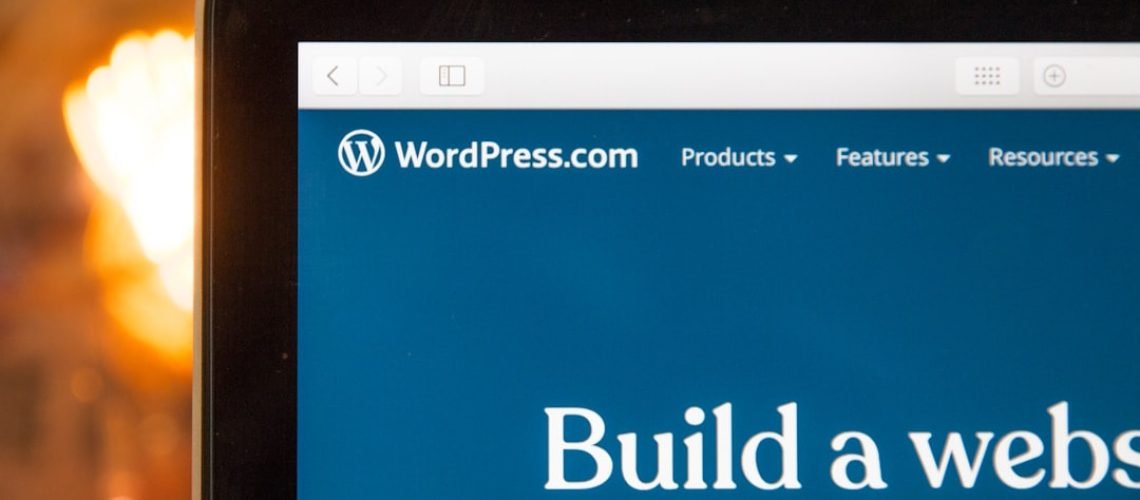In today’s digital landscape, having a website is essential for businesses and individuals alike. However, simply launching a website isn’t enough; ongoing maintenance is crucial to ensure its longevity, security, and effectiveness. This post will delve into the critical aspects of website maintenance and why they’re vital for keeping your site secure, functional, and up-to-date.
1. Security Updates
One of the most critical aspects of website maintenance is implementing regular security updates. Cybersecurity threats are constantly evolving, and outdated software can leave your site vulnerable to attacks. Here’s why security updates are crucial:
– Protection against new vulnerabilities: Developers regularly release patches to address newly discovered security flaws.
– Safeguarding user data: Keeping your site secure protects your visitors’ personal information.
– Maintaining trust: A secure website builds trust with your audience and protects your reputation.
To maintain security:
– Regularly update your content management system (CMS)
– Keep all plugins and themes up-to-date
– Use strong, unique passwords and change them periodically
– Implement SSL certificates for encrypted connections
2. Performance Optimization
A slow-loading website can frustrate users and negatively impact your search engine rankings. Regular performance optimization is essential for providing a smooth user experience. Consider these optimization techniques:
– Compress images and videos
– Minify CSS, JavaScript, and HTML
– Leverage browser caching
– Use a content delivery network (CDN)
– Optimize database queries
Regularly monitoring your site’s speed using tools like Google PageSpeed Insights can help you identify and address performance issues.
3. Content Updates
Fresh, relevant content is crucial for engaging your audience and improving search engine visibility. Regular content updates demonstrate that your site is active and current. Consider:
– Adding new blog posts or articles
– Updating existing content to ensure accuracy
– Removing outdated information
– Refreshing your site’s design periodically
4. Backup Management
Regular backups are your safety net in case of data loss, hacking, or other unforeseen issues. Implement a robust backup strategy:
– Perform regular backups (daily or weekly, depending on how frequently your site changes)
– Store backups in multiple locations (local and cloud storage)
– Test your backups periodically to ensure they can be successfully restored
5. Broken Link Checking
Broken links can frustrate users and negatively impact your site’s SEO. Regularly check for and fix broken links:
– Use tools like Screaming Frog or Broken Link Checker
– Update or remove outdated links
– Implement 301 redirects for changed URLs
6. Monitoring and Analytics
Regularly monitoring your website’s performance and user behavior provides valuable insights for improvement:
– Set up and monitor Google Analytics
– Track key metrics like traffic, bounce rate, and conversion rates
– Use heatmaps and user recording tools to understand user behavior
– Monitor your site’s uptime and server performance
7. Compatibility Testing
As new devices, browsers, and technologies emerge, it’s crucial to ensure your site remains compatible:
– Regularly test your site on different browsers and devices
– Check for mobile responsiveness
– Ensure compatibility with the latest web standards
8. SEO Maintenance
Search engine algorithms are constantly evolving. Regular SEO maintenance helps maintain and improve your search rankings:
– Monitor your search engine rankings
– Update your keyword strategy
– Optimize meta tags and descriptions
– Improve internal linking structure
– Build high-quality backlinks
9. User Experience (UX) Improvements
Continuously improving your site’s user experience can lead to higher engagement and conversions:
– Conduct user surveys and gather feedback
– Analyze user behavior data
– A/B test different design elements and content
– Improve site navigation and information architecture
10. Plugin and Theme Management
If your site uses plugins or themes, proper management is crucial:
– Regularly update plugins and themes
– Remove unused or outdated plugins
– Evaluate new plugins carefully before installation
– Monitor plugin conflicts and performance impact
Frequently Asked Questions (FAQs)
Q: How often should I perform website maintenance?
A: While some tasks (like backups and security updates) should be performed weekly or even daily, others (like content updates or design refreshes) can be done monthly or quarterly. Create a maintenance schedule that fits your site’s needs and stick to it.
Q: What are the risks of neglecting website maintenance?
A: Neglecting maintenance can lead to security vulnerabilities, poor performance, decreased user satisfaction, lower search engine rankings, and potential loss of data or functionality.
Q: Do I need technical skills to maintain my website?
A: While some technical knowledge is helpful, many aspects of website maintenance can be learned or outsourced. If you’re not comfortable handling maintenance yourself, consider hiring a professional or using managed hosting services.
Q: How do I know if my website needs maintenance?
A: Regular monitoring of your site’s performance, security, and user feedback will indicate when maintenance is needed. Additionally, setting up a regular maintenance schedule ensures you’re proactively addressing potential issues.
Q: What tools can help with website maintenance?
A: There are numerous tools available, including:
– Security scanners (e.g., Sucuri, Wordfence)
– Performance optimization tools (e.g., GTmetrix, Google PageSpeed Insights)
– SEO tools (e.g., SEMrush, Ahrefs)
– Backup solutions (e.g., UpdraftPlus, BackupBuddy)
– Monitoring services (e.g., Uptime Robot, New Relic)
By prioritizing these critical aspects of website maintenance, you can ensure that your site remains secure, functional, and up-to-date. Regular maintenance not only protects your investment but also provides a better experience for your users, ultimately contributing to the success of your online presence. If you find yourself needing help, feel free to reach out to me here!
